The Chinese electric car lines expected to enter Vietnam are mainly popular electric cars. Among them, a notable name is BYD, which has just sought a partner to become a dealer in Vietnam. This Chinese car company is rumored to bring to Vietnam 2 models Atto 3 (SUV) and Seal (sedan).
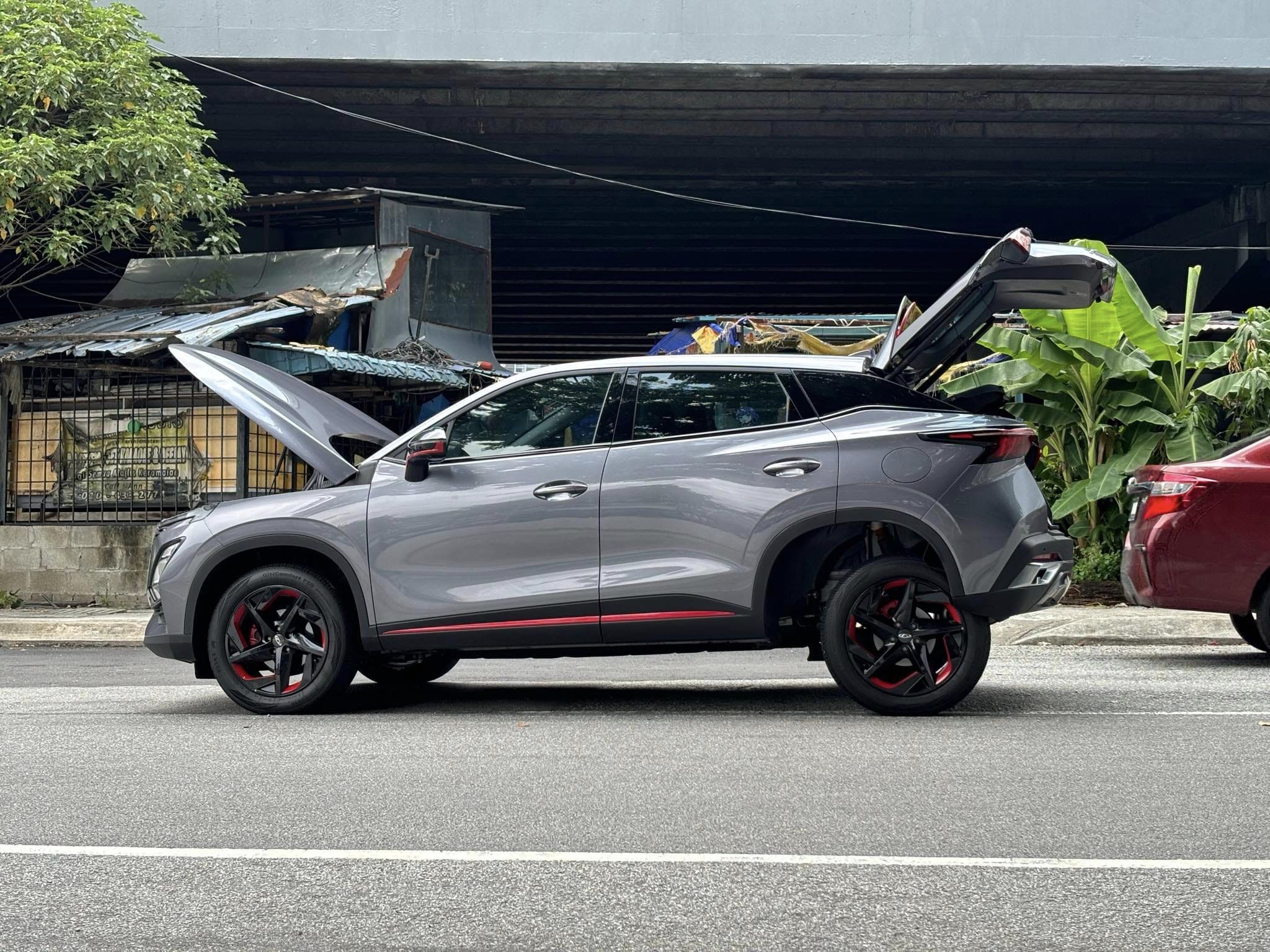
The Chery Omoda C5's rear axle broke while running, causing outrage among Malaysian users.
However, after Thailand, Indonesia is the country that Chinese car company BYD chose to build an electric car factory, instead of the other two candidates, Vietnam and the Philippines. BYD's factory in Indonesia has a capacity of up to 150,000 cars per year, with an investment scale of more than 1.3 billion USD.
Previously, BYD had been very successful in penetrating the Thai market. Not only did it set up a factory in Thailand, the BYD Atto 3, BYD Dolphin and BYD Seal models were all in the top 10 best-selling pure electric cars in the country. In 2023, 30,650 of the company's electric cars were consumed by Thai customers.
Unlike BYD, another name in electric vehicles in China, Chery Group, has taken many steps to carefully explore the Vietnamese market as well as plans to build a factory.
In early April, the joint venture Geleximco and Omoda & Jaecoo Company Limited (under Chery Group) announced a plan to invest in building an automobile manufacturing plant in Thai Binh province worth more than 800 million USD, with a capacity of 200,000 vehicles per year, to produce Omoda & Jaecoo branded cars.
Before the factory is completed in 2026, Omoda & Jaecoo will approach the Vietnamese market by importing complete vehicles, expected to launch in late 2024. The smart crossover SUV Omoda E5 pure electric vehicle and the technology off-road vehicle Jaecoo 7 Phev will be the first products to be launched.
What opportunities for Chinese cars?
Omoda & Jaecoo car models are being tested in Vietnam, however, the selling price has not been announced by this company.
2023 will witness an explosion in the number of Chinese cars officially distributed in the Vietnamese market, with prices ranging from over 200 million to over 2 billion VND.
Price is considered a competitive advantage of Chinese cars, including electric cars. However, issues related to vehicle quality, operational safety and especially the problem of charging stations for electric cars are huge barriers.
Currently, the Vietnamese car company Vinfast has basically built a separate charging station system across the country, which is a great advantage for customers to trust in the convenience of charging in different areas. However, with the upcoming car models, the problem of the charging station system has not been specifically announced by Chinese car companies.
Concerns about vehicle quality
Recently, BYD has been involved in many controversies about the quality of its cars in markets outside of China. In Thailand, many users have complained about peeling paint and plastic, and even a few cases of BYD cars emitting smoke while charging.
In Israel, these Chinese brand cars also continuously have problems with warped roof racks when loading goods. Most recently, at the end of 2023, a series of BYD cars were reported to have mold inside the interior compartment.
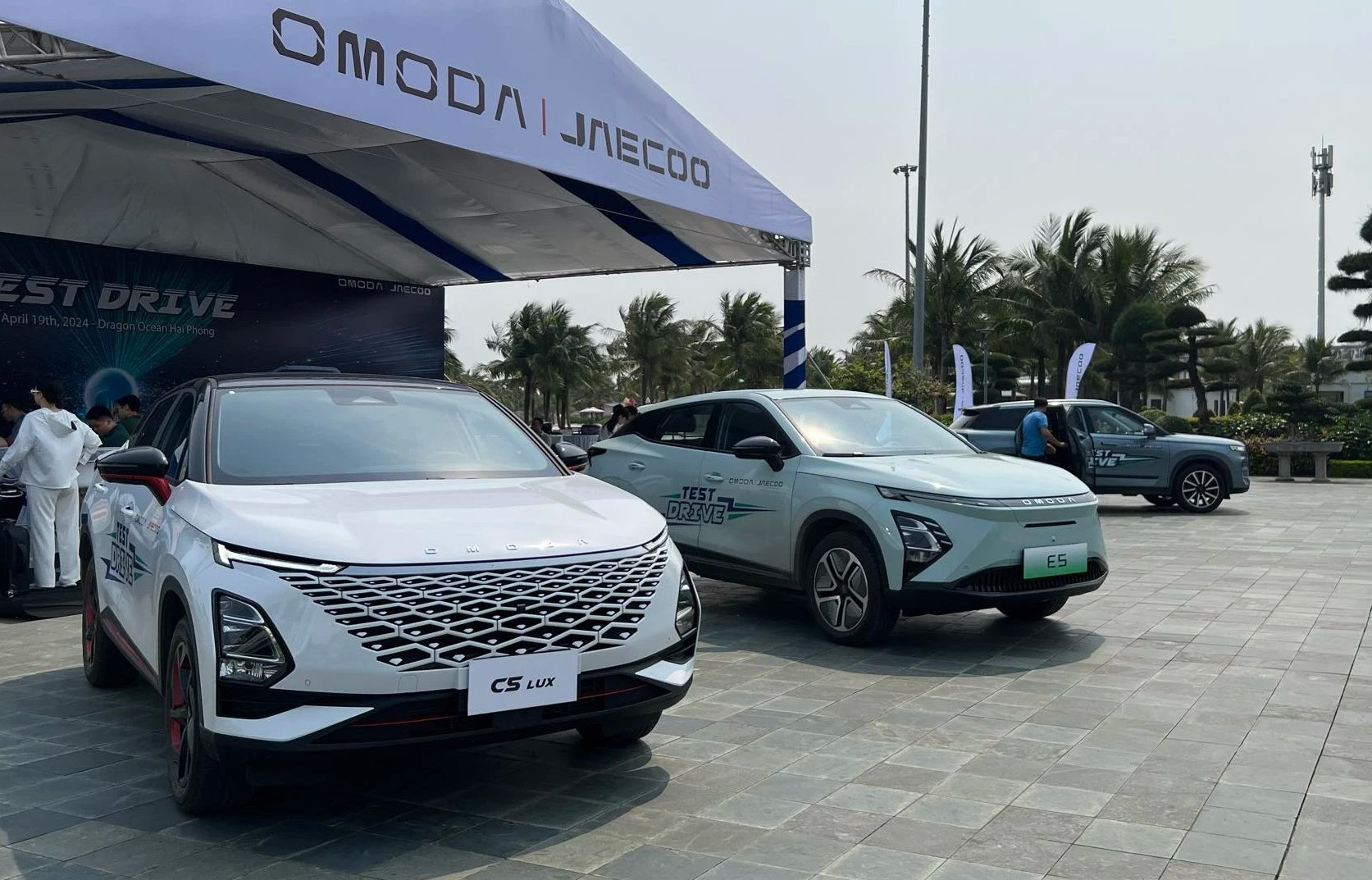
Omoda & Jaecoo car models are about to launch in the Vietnamese market
In particular, although it has just been launched in Vietnam, a car model of Omoda & Jaecoo has encountered a serious safety incident in Malaysia. User Stephanie in Malaysia shared on social media that the Chery Omoda C5 suddenly broke its axle while the car was operating normally on the road. When the accident happened, the car did not collide, the road the car ran on did not have potholes but the rear axle still broke in the middle of the road.
This article has received more than 12,000 shares on social networks in Malaysia. The serious incident has greatly affected the Chery brand as well as Chinese car manufacturers. In Vietnam, although some customers have become more familiar with Chinese car models thanks to their low prices and many models to choose from. However, the majority of car buyers are still quite wary of Chinese cars.
In the years 2005 - 2015, many Chinese car models entered Vietnam through dealers, leaving behind "haunting" memories due to the poor quality of the vehicles, as well as poor after-sales service. A similar story also happened when "Chinese motorbikes" flooded into the Vietnamese market at the end of the 20th century. Although they helped many people have the opportunity to own motorbikes, the downside was that the poor quality of these models caused Chinese motorbikes to quickly disappear from the Vietnamese market.
For Omoda & Jaecoo, the cooperation with Geleximco to build a factory in Thai Binh is a bold move of this car company. However, whether the bold move will be successful or not is not easy to answer. If the quality and safety issues cannot be proven, this car model will hardly have a long-term foothold in Vietnam.
Source link



![[Photo] Students of Binh Minh Primary School enjoy the full moon festival, receiving the joys of childhood](https://vphoto.vietnam.vn/thumb/1200x675/vietnam/resource/IMAGE/2025/10/3/8cf8abef22fe4471be400a818912cb85)

![[Photo] Prime Minister Pham Minh Chinh chairs meeting to deploy overcoming consequences of storm No. 10](https://vphoto.vietnam.vn/thumb/1200x675/vietnam/resource/IMAGE/2025/10/3/544f420dcc844463898fcbef46247d16)


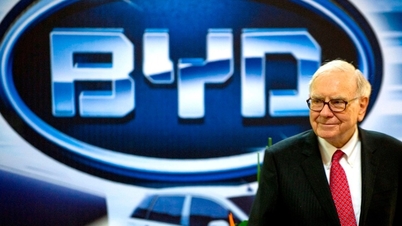

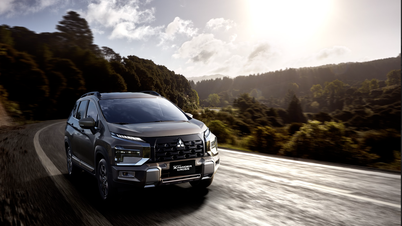




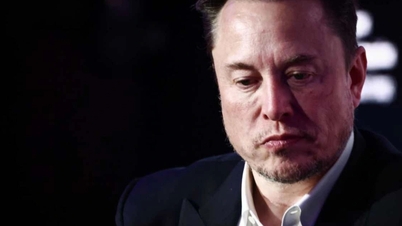


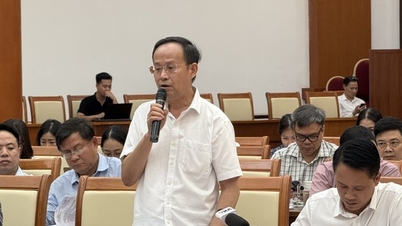





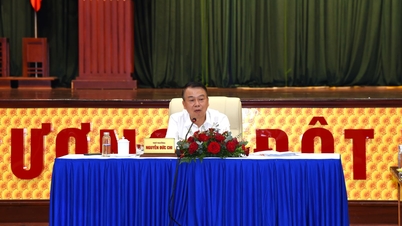

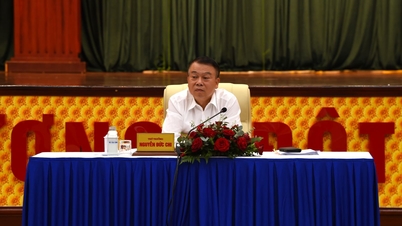




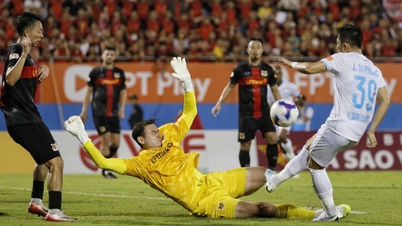

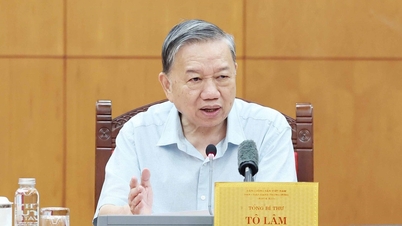


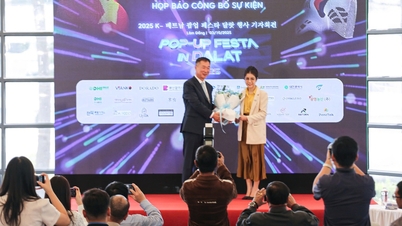














































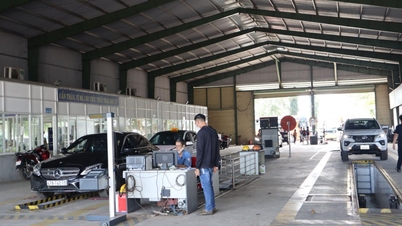



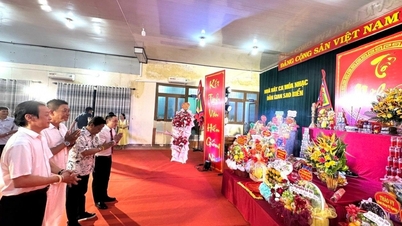













Comment (0)